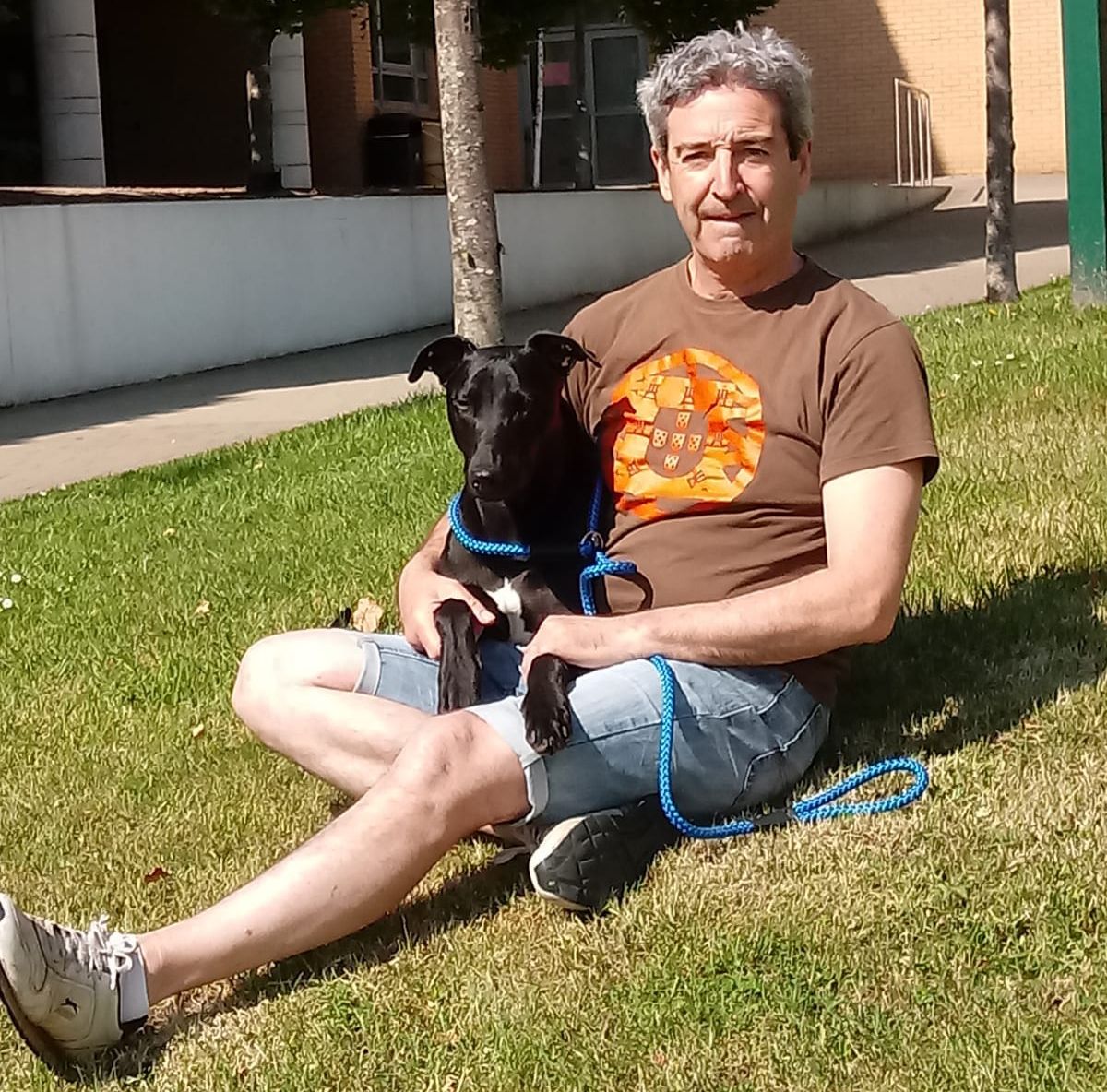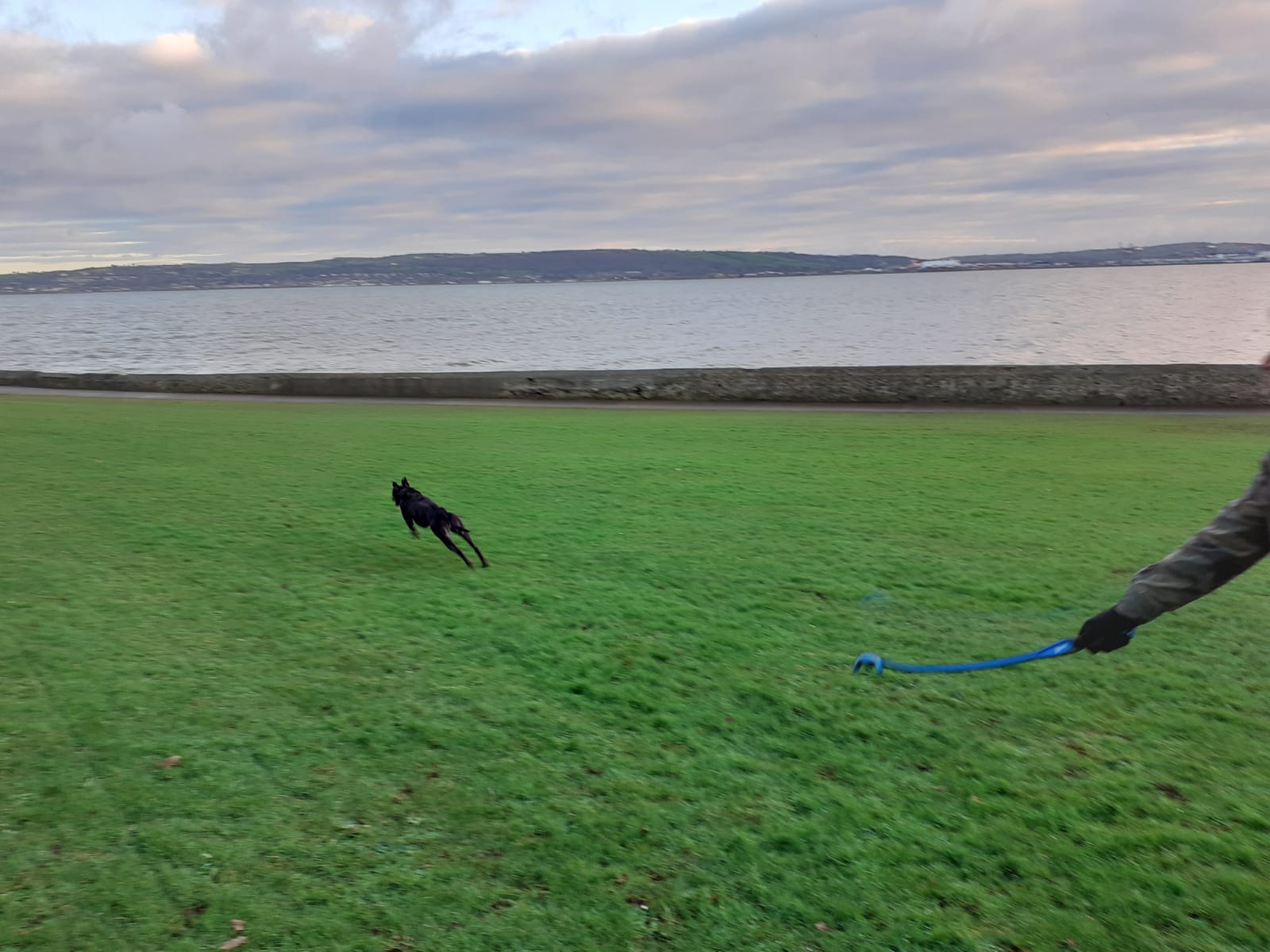IF there’s a happier man, Dúlra’s never met him. And why not – Michael Meharg’s office is the rolling hills of Slievenacloy.
Dúlra was at the nature reserve on Monday watching a pair of wheatears through his binoculars when the farmer came into view.
He was out checking his herd’s latest editions – four calves born that very day.
To many people Michael’s job is unforgiving, a 24/7 chore with no days off. But as Michael leant on the gatepost for a chat – he always has time for anyone who enjoys nature – it was clear he wouldn’t want to be doing anything else.
“When the calves get their first feed, they lie down for a long sleep. And that’s when they often get separated from their mother. So I’m just making sure they’re all together,” he said.
And maybe it was just as well – Dúlra watched as he found one calf among rushes at the corner of the field well away from its mother. With Michael’s gentle encouragement, they were soon reunited.
“If you can’t find a calf, I can make the noise like a wee calf and then her ears will go up and she’ll start walking, and I can follow her and find the calf,” he said.
“There was a first-time mother across the field and she lost sight of her calf yesterday – it’s like a mother in a shopping mall who can’t find her child – the look of panic on her. I couldn’t find it either, but I came up later in the evening and they were together again.
“It must have had a full belly and just curled up in a wee ball among the grass.”
Michael added: “There’s nothing that beats being around the cows at this time of year. I’ve birthed hundreds and hundreds of calves and there was one the other night that needed a bit of help – not much – after six hours in labour, but seeing that moment of birth, the first gasp of life, it’s incredible. She was exhausted, but as soon as the calf comes out, she’s up licking it and making the connection calls to it and they’re bonded.
“There’s something about that which is just wonderful.”
Dúlra had earlier been admiring these cows at Sliabh na Cloiche, the Mountain of the Stone – they somehow fit into the windswept landscape here in a way that other farm animals wouldn’t.
And that’s because they’re a rare native breed, the Irish moiled cow – which Michael has been able to save from the brink of extinction. Just six remained at Belfast zoo, which he has now turned into a herd of 100. Or 104 this week.
The ‘moiled’ comes from the Irish ‘maol’ meaning bald or hornless. Small and tame, they’re more like pets – and they’re at home on these rough uplands.
“See that rath there,” said Michael, pointing at the circular ridge a few yards behind us, “these cattle were here when people lived there many centuries ago.”
As the May sun settled over Lough Neagh, ridges appeared on the fields all around Michael, evidence that people once lived on these slopes and ploughed the fields.
“It’s believed these lazy-beds are all pre-famine,” said Michael. “They're wonderful to look at but sad at the same time.”
And with that he was on his way to the next field to search for more calves.

Dúlra's thinking of pal Colin 'Bungie' O'Carroll, whose beloved dog Hank died this week.
Hank was a real beauty and he and Colin should have enjoyed many years together. But, inexplicably, Hank died at the weekend before he even reached the age of two.
Dúlra was due to go out walking across the hills on Monday with Colin and Hank but instead got the call that Hank had taken a fit the previous night as he lay by the fire. He was rushed to the vet but never recovered.
Dúlra can safely say that he’s never seen a fitter dog. Hank – named because he was always Hank Marvin – starvin’ – could run like the wind. Dúlra loved this picture he took of him a few months ago at Belfast Lough – Hank as lean as a whippet as he turns to chase a ball thrown by Colin.

Hank was still growing – filling out – so there was even more speed and strength to come in the next few years. He was walked that often across the hills and fed such a healthy diet that there wasn’t an ounce of fat on him – when he visited Dúlra’s house, the kids said he reminded them of an eel!
“Hank was only a baby so it feels like we've been robbed, and he was robbed of so much joy and love to come. I thought he and I would grow old together, and now he's gone and left me and us and we feel bereft,” said Colin.
Hank was a once-in-a-lifetime find. Colin and his daughter Ella say Hank was their best mate and the light of their lives. He’s now buried in their garden with his lead and favourite ball. He’s gone but not forgotten.
If you’ve seen or photographed anything interesting, or have any nature questions, you can text Dúlra on 07801 414804.






